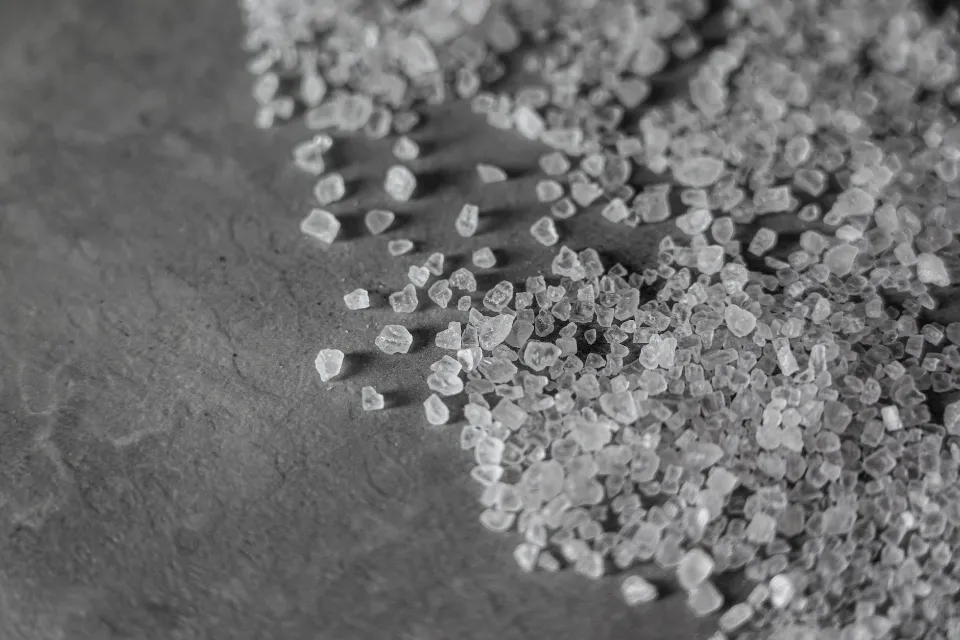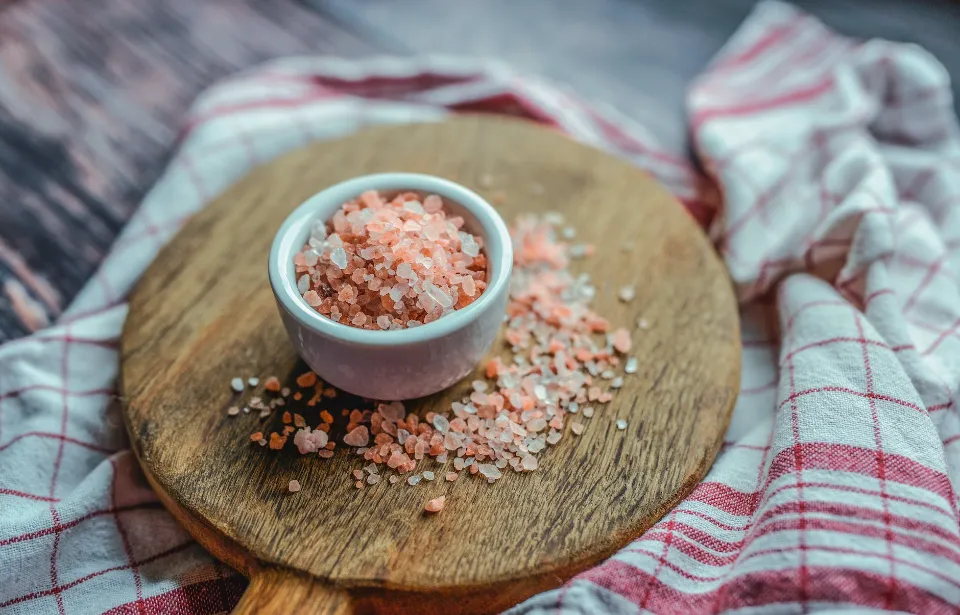Upon waking up for the day, do you have a salty aftertaste in your mouth? Or perhaps even if you haven’t consumed anything salty? You may be wondering what’s going on. Actually, this strange feeling is quite typical.
You should still visit your doctor if you experience additional symptoms even though it typically isn’t a cause for alarm. What to look out for is listed below.
Causes of Salty Taste in Mouth
Oral Bleeding
You may have oral bleeding if you experience a metallic or salty taste in your mouth. There are many potential causes for this, including eating foods with sharp edges, like chips, or vigorously brushing your gums.
You might be dealing with gum disease (gingivitis) if your gums bleed frequently after you brush or floss your teeth. Your gums may also progressively become sore and swollen as a result of this widespread condition.
Gum disease can cause infection if it is not treated. Visit your dentist if you notice any unexplained bleeding or tenderness.
Dehydration
Dehydration is another common cause of a salty, dry mouth, and it can develop suddenly or over time. Some people may become dehydrated after a bout of diarrhea or vomiting. Others might become dehydrated after vigorously exercising in the heat.

You may also experience:
- extreme thirst
- less frequent urination
- dark urine
- fatigue
- dizziness
- confusion
Doctors recommend drinking between six and eight glasses of fluids each day. If you’ve been ill, it’s hot outside, or you’ve done a lot of exercises, you might need more.
Dehydration can cause serious complications if left untreated. You might have seizures, heat exhaustion, kidney problems, or even hypovolemic shock, a potentially fatal condition. By increasing their fluid intake, most adults can feel better. In severe cases, you might need to be hospitalized to get intravenous fluids and electrolytes.
Pregnancy
Nasal inflammation during pregnancy may be brought on by hormonal changes. Runny nose, postnasal drip, and occasionally a salty taste are symptoms of pregnancy rhinitis, a benign condition.
Usually, pregnancy rhinitis goes away a couple of weeks after pregnancy ends. In the meantime, you may get some relief from saline nasal sprays. Before utilizing any medication while pregnant, consult your healthcare provider.
Post-nasal Drip
Other potential causes include allergies or post-nasal drip from a sinus infection. When you are sick, your throat’s back can become blocked with nasal mucus. It may taste salty if it comes into contact with your mouth’s saliva. Additionally, you might experience breathing difficulties or a runny or stuffy nose.
Many colds and allergies resolve on their own. Other self-care techniques include blowing your nose, getting enough rest and fluids, and using over-the-counter cold or allergy remedies. Your nasal passages may also be cleared by saline sprays or rinses.
You should see your doctor if you have:
- symptoms that last longer than 10 days
- high fever
- sinus pain
- yellow or green nasal discharge
- bloody nasal discharge
- clear nasal discharge, especially after a head injury
Oral Infection
Without treatment, gingivitis can lead to an infection called periodontitis. Periodontitis typically has no long-term effects if treated early. However, in extreme cases, it can harm your bones and teeth.
If your gingivitis has progressed to periodontitis, you may experience:
- bad breath
- loose teeth
- gum abscesses
- pus under your teeth
Additionally, bleeding may be a sign of other infections, like oral thrush. Infection with yeast grows in the mouth with this condition. You might notice white spots in your mouth or feel a burning pain. While some people can taste the salt, others might find they have no sense of taste at all.
Additionally possible is oral human papillomavirus (HPV). You might also experience hoarseness or coughing up blood as the infection worsens, even though it typically doesn’t cause symptoms in the early stages.
Treatments of Salty Taste in Mouth
Analyzing your actions and overall health in order to determine whether any known conditions might be the root of the lingering salty taste is a wise first step. Amount of water you’re consuming? Heartburn and other acid reflux symptoms are they a regular occurrence for you? In addition to harming your oral health, bad habits like drinking and smoking can also lead to post-nasal drip and infections, which could be the root of your mouth’s salty feeling.

There are both immediate and long-term remedies for the salty taste in your mouth. Short-term options include:
- Making Sure You’re Hydrated
- Examining Your Diet for Nutritional Deficiencies
- Improving Oral Hygiene With Rinses and Increased Brushing and Flossing
- Examining Side Effects of Medication
- Monitoring Your Hormones
Look inside your mouth to check your throat and tongue for any abnormalities. Changes in color, lumps, and other physical characteristics can be very telling signs of oral and general health.
Long-term solutions involve talking to your doctor and treating underlying causes. It’s possible that you have a health condition that prevents you from absorbing nutrients or retaining water, even if dehydration or nutrition is the source of your salty sensation. There might be better options for the medication you’re taking if allergies or a prescription are to blame.
With the exception of Sjogren syndrome, you probably know something about every cause on the list. This is where your immune system attacks the glands responsible for making moisture in your body. It is commonly accompanied by other autoimmune disorders like rheumatoid arthritis and lupus. Oral rinses and increased water consumption can help, but some people may need medication or surgery to control the symptoms.
When to See Your Doctor?
A dry mouth or dehydration are two common causes of a salty taste on its own. See your healthcare provider if you have a salty taste and:
- your voice changing or becoming hoarse.
- salivary gland swelling under the jaw or in front of the ear.
- additional medical conditions, such as diabetes, heart disease, kidney disease, or an autoimmune disorder.
- Trouble chewing or swallowing.
- Lump in your neck.
Conclusion
You should speak with your doctor and find out if any testing is necessary, even if you are trying to make changes to address your symptoms. It’s a good idea to alter your routine and surroundings, but don’t mistake symptom relief for a cure. You could be covering up a more serious medical issue. The best course of action is to talk to a doctor about your health-related decisions.
FAQS
Is a Salty Taste in the Mouth a Symptom of Diabetes?
You run a higher risk of getting dysgeusia, a condition known for affecting taste, if you have diabetes. Taste disorders can cause a bad, sour, or salty taste in your mouth. If you have diabetes and a taste disorder, you are at a higher risk of developing gum disease, dental cavities, and other oral problems.
What Vitamin Deficiency Causes a Salty Taste?
Vitamin B12 deficiency can disrupt the taste buds, so a salty taste could be attributed to that. It is a deficiency that can manifest slowly or suddenly and, if untreated, may result in other health issues.



